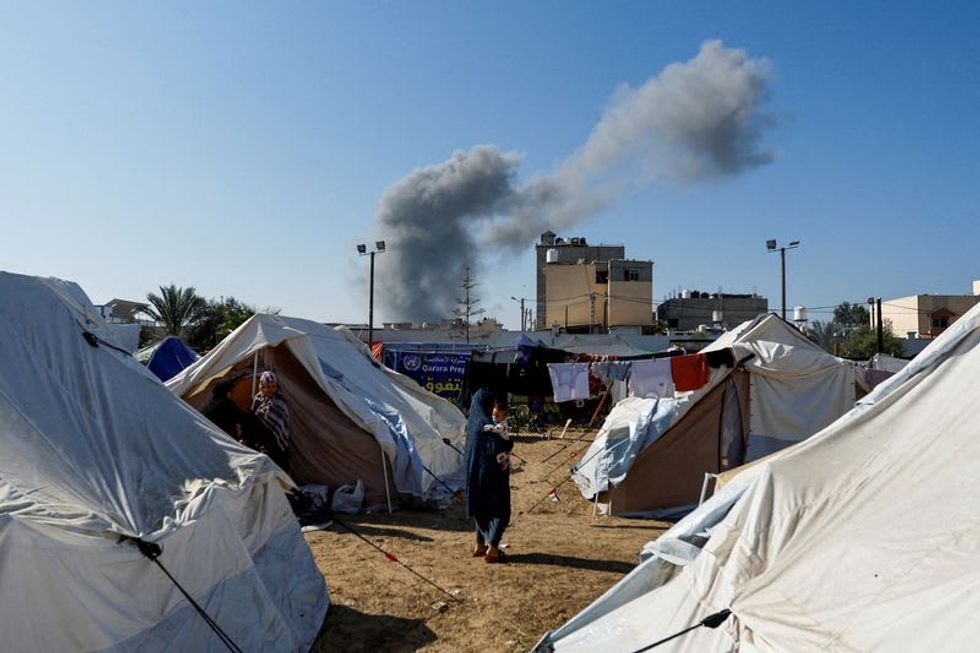Article
U.S. Fighter Jets Strike Weapons Facilities in Syria
(Reuters) – Two U.S. fighter jets struck weapons and ammunition facilities in Syria on Friday in retaliation for attacks on U.S. forces by Iranian-backed militia as concerns grew that the Israel-Hamas conflict may spread in the Middle East. U.S. President Joe Biden ordered strikes on the two facilities used by Iran’s Revolutionary Guard Corps and militia groups that it backs, the Pentagon said, warning the U.S. will take additional measures if attacks by Iran’s proxies continue. U.S. and coalition forces came under fire from multiple rocket attacks in eastern Syria, prompting the retaliatory strikes.
Escalating Tensions in the Middle East
The situation in the Middle East continues to escalate as U.S. forces target Iranian-backed militia in Syria. This latest strike comes in the midst of heightened tensions in the region, with the Israel-Hamas conflict also causing concern for further instability. The strikes serve as a clear message from the U.S. to Iran and its proxies that attacks on American forces will not be tolerated.
The Pentagon has warned that additional measures will be taken if the attacks persist, raising the possibility of further military action in the region. The U.S. remains committed to defending its interests and ensuring the safety of its personnel in the face of ongoing threats.
These developments highlight the complex geopolitical landscape of the Middle East, with various factions vying for power and influence. The U.S. intervention underscores the challenges of maintaining stability in the region amid competing interests and longstanding conflicts.
Impact on Individuals
The airstrikes in Syria may have far-reaching consequences for individuals in the region, particularly those living in areas where the attacks took place. The escalation of tensions could lead to increased security concerns and potential disruptions to daily life.
Civilians in Syria may face heightened risks as a result of the military strikes, with the potential for collateral damage and civilian casualties. The need for humanitarian assistance and protection may also increase, placing additional strain on already vulnerable populations.
Global Implications
The U.S. airstrikes in Syria have broader implications for the world, signaling a renewed focus on addressing threats posed by Iran and its proxies. The international community will be closely watching how the situation unfolds and how other countries respond to U.S. actions in the region.
The airstrikes could impact global security dynamics and trigger further unrest in the Middle East, potentially drawing other actors into the conflict. The stability of the region is of critical importance to the global community, with potential consequences for trade, diplomacy, and international relations.
Conclusion
In conclusion, the recent U.S. airstrikes in Syria reflect the ongoing challenges and complexities of the Middle East. The escalating tensions in the region underscore the need for diplomatic efforts to de-escalate the situation and prevent further conflict. It is essential for all parties involved to prioritize dialogue and cooperation in order to avoid further violence and instability.





